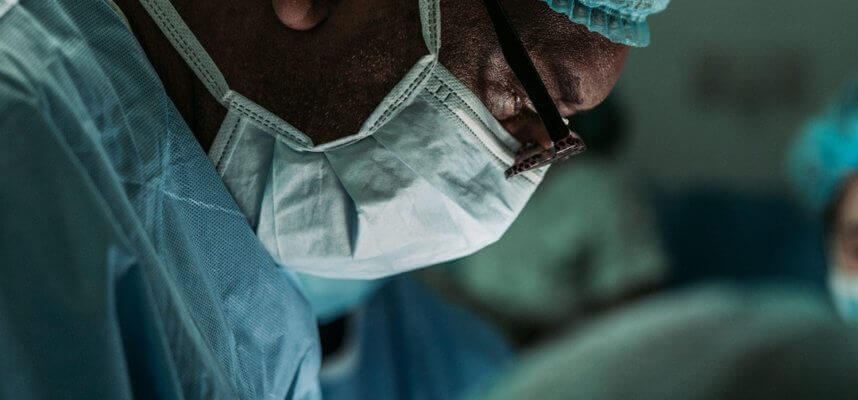Regular dental care and cleaning is important for your teeth and your overall health. But many people might not know about some of the other aspects of good dental care. Or they might have questions.
A very common question is this: should I have my wisdom teeth removed?
It’s a complicated question but your dentist or oral surgeon can provide educated answers. And we’ll walk you through some of the details and help you understand more about your wisdom teeth.
Wisdom teeth are also called third molars. Molars are important parts of your mouth. These teeth help chew and grind food, aiding in digestion and nutrient absorption.
The vast majority of people have 32 permanent teeth. 12 of these teeth are molars and the third molars (wisdom teeth) put the final molar count at 16. Wisdom teeth erupt from the back of the jaw, usually when you’re in your late teens.
But not everyone has wisdom teeth. Some people may have only one or two and some have no wisdom teeth at all. Genetics and ethnicity play a big role here. If your parents don’t have wisdom teeth it’s likely you don’t either.
Some people have few or no problems with their wisdom teeth. But the size of your mouth can’t always accommodate four more teeth. In many cases, intervention is needed.
X-rays help your oral surgeon determine how many wisdom teeth you have. X-rays also show where your wisdom teeth are and how they’re growing.
As mentioned, space is one of the biggest wisdom teeth problems. When your wisdom teeth start to come in they can crowd your other teeth.
Another concern is infection. Food particles and bacteria collect around the wisdom teeth and below the gum line.
When this occurs the risk of infection increases. Infection is painful and might cause serious oral health problems.
In some cases the wisdom teeth come in at an angle. When this happens your other teeth can be damaged or pushed out of place. This is especially concerning if you’ve had or are considering orthodontics.
Wisdom teeth placement and growth can also affect your sinuses. It’s important to talk with your dentist if you’re experiencing pain below your eyes or in your cheekbones.
Some discomfort with wisdom teeth is normal. Pain is not. If you’re having wisdom tooth pain talk with your dentist right away.
Only your dentist can determine if your wisdom teeth need to be removed. If your wisdom teeth are not causing any problems at all you might be able to keep them. But just because they’re not problematic now doesn’t mean they won’t be in the future.
If you’re having pain or recurring infections in relation to your wisdom teeth your dentist will probably remove them. Also, if your wisdom teeth are crowding your other teeth or growing at an angle you might need them removed.
Your oral surgeon is able to determine if the
benefits of wisdom teeth extraction outweigh the risks.
Your oral surgeon has decided you need a wisdom tooth extraction. What can you expect? The process of wisdom teeth extraction varies but the goal is to remove the teeth from the jawbone with minimal trauma.
Many people have anxiety related to dental care. Others are concerned about pain. Your dental care team wants to make the process as simple and as comfortable as possible. These are some of the ways they accomplish that.
Wisdom teeth surgery or extraction can seem a little scary. The good news is that your oral surgery team is highly trained in this field. And now you know what to expect when you ask your dentist, should I have my wisdom teeth removed? A comprehensive exam will determine the best course of action for your oral health.
You have questions about wisdom teeth, we have answers. Your dental health is important and putting things off can lead to problems in the future.
Contact us today to learn more about wisdom teeth extraction.
